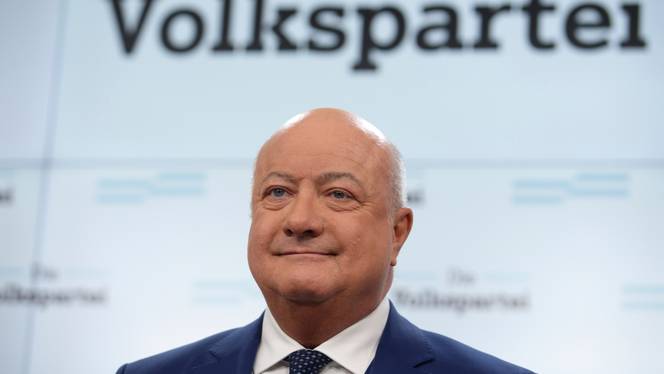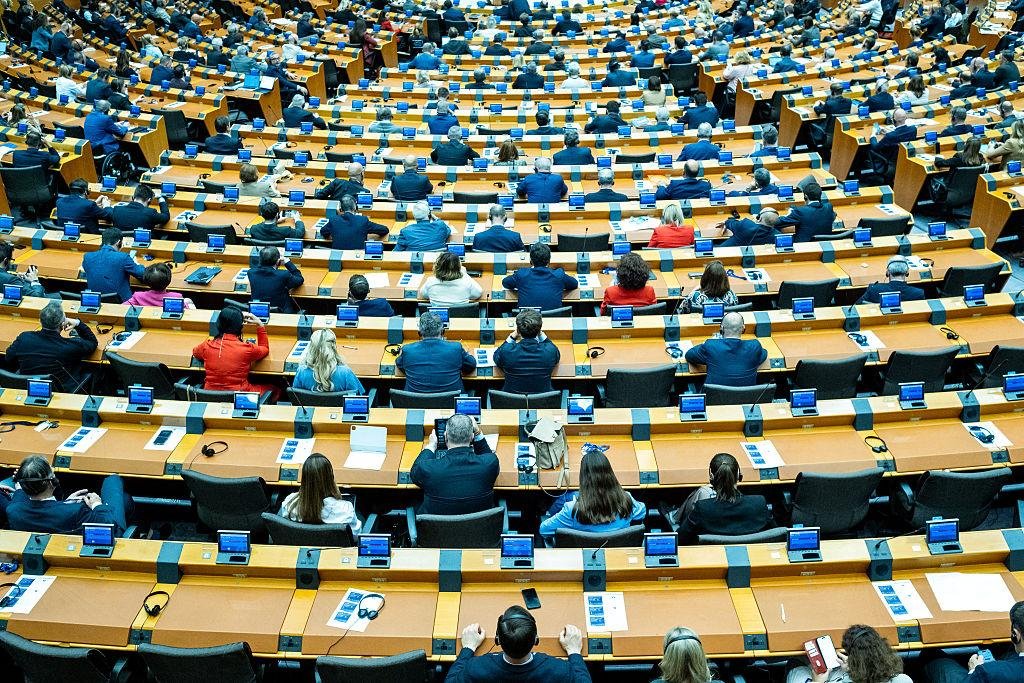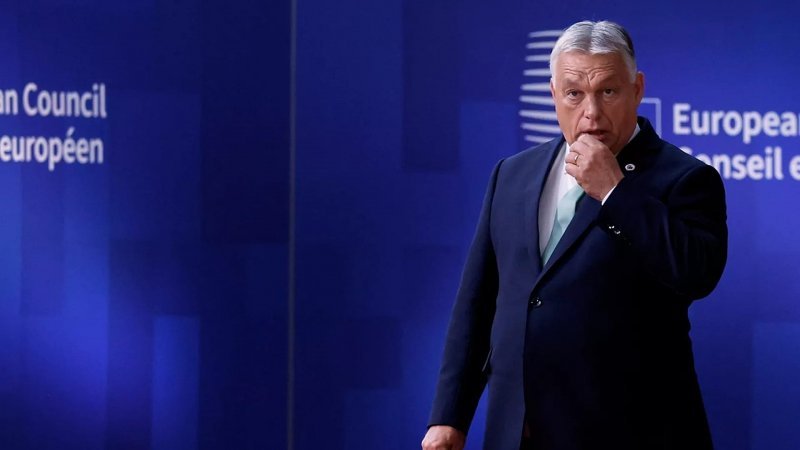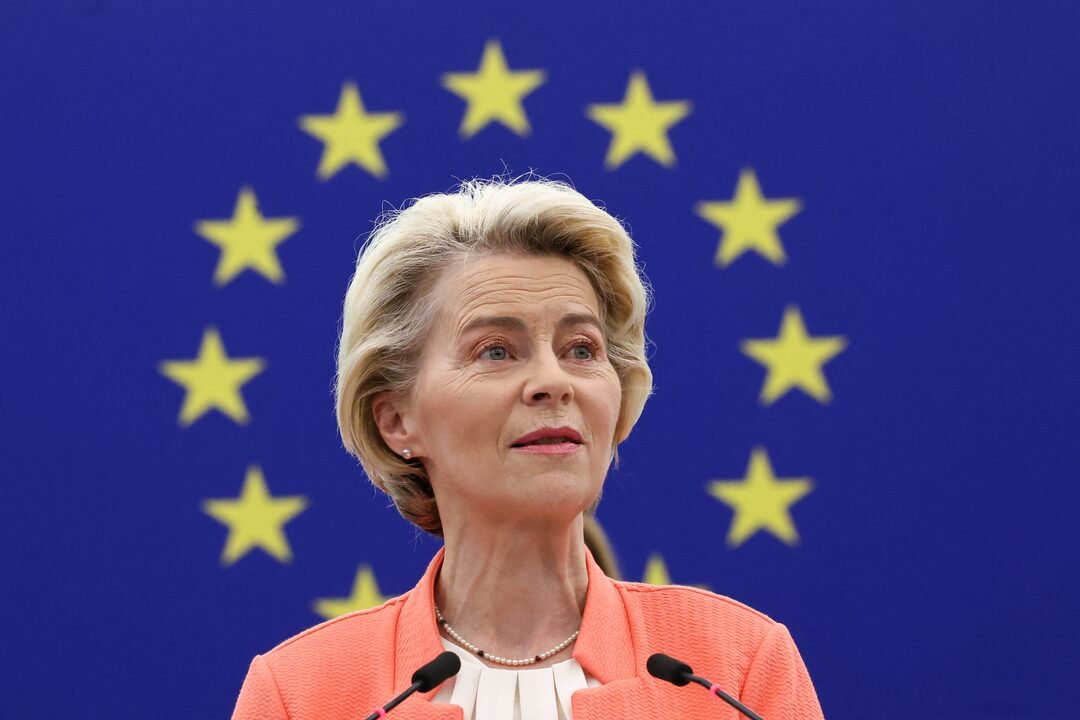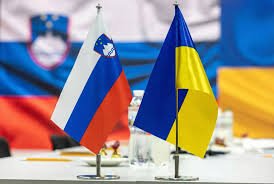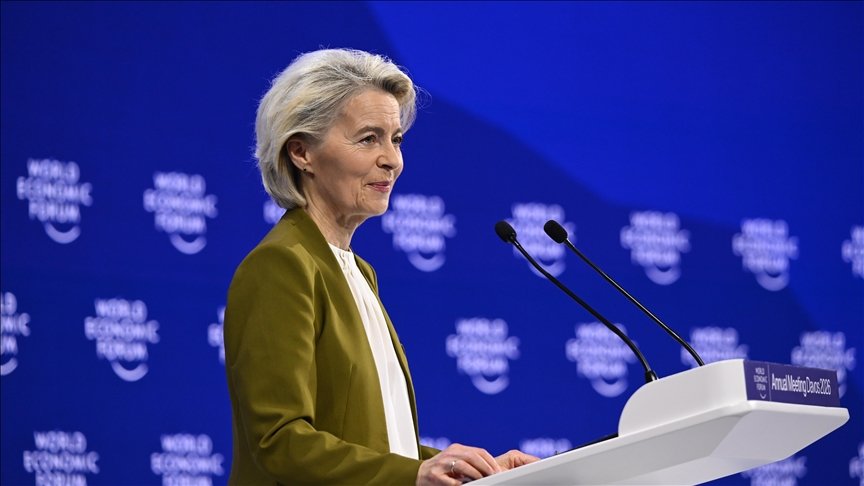Vienna, January 6, 2025 – The Europe Today: Austria’s conservative People’s Party (ÖVP) has announced its readiness to enter coalition negotiations with the far-right Freedom Party (FPÖ), marking a significant shift in its political strategy following the collapse of talks to form a centrist government.
The decision comes after Chancellor Karl Nehammer, leader of the ÖVP since late 2021, stepped down from his roles as chancellor and party chairman on Saturday. Nehammer cited the need for an “orderly transition” after his failed attempt to form a coalition with the Social Democrats (SPÖ) and liberals, an effort aimed at maintaining a centrist government.
During a leadership meeting on Sunday, ÖVP Secretary General Christian Stocker was appointed interim party leader. Stocker confirmed that he had been authorized to pursue coalition discussions with the FPÖ.
“This country needs a stable government right now, and we can’t keep losing time to election campaigns or elections that we don’t have,” Stocker stated at a press conference. He also welcomed Austrian President Alexander Van der Bellen’s announcement of a meeting with FPÖ leader Herbert Kickl on Monday to “discuss the new situation.”
The FPÖ emerged as the top vote-getter in September’s national elections with nearly 29 percent of the vote, but the party has struggled to find partners to form a governing coalition. The ÖVP came second with 26 percent, followed by the SPÖ with 21 percent.
President Van der Bellen, who has previously voiced concerns about Kickl’s far-right policies, noted that opposition to working with the FPÖ within the ÖVP had softened. “Voices within the ÖVP that rule out working with Kickl have become significantly quieter,” Van der Bellen told reporters, adding, “A new path may be opening up that did not previously exist.”
The president had initially tasked the ÖVP with forming a stable government that respects Austria’s democratic foundations. It remains unclear whether Van der Bellen will now formally invite the FPÖ to lead government formation efforts.
Kickl, whose party is polling at around 35 percent, criticized the previous coalition talks as a waste of time. “Instead of stability, we have chaos,” Kickl said in a statement, describing the three-month negotiation period as “wasted.”
Nehammer had previously positioned himself as a centrist leader seeking to resist political extremism. “I wanted to be the force of the political center in order to build a bulwark against the radicals,” he said upon announcing his resignation.
The ÖVP, which has been a fixture in Austrian politics since 1987, has governed with the FPÖ as junior coalition partners several times since 2000. The latest developments indicate a potential return to this partnership amid growing political uncertainty in the Alpine nation of nine million.
